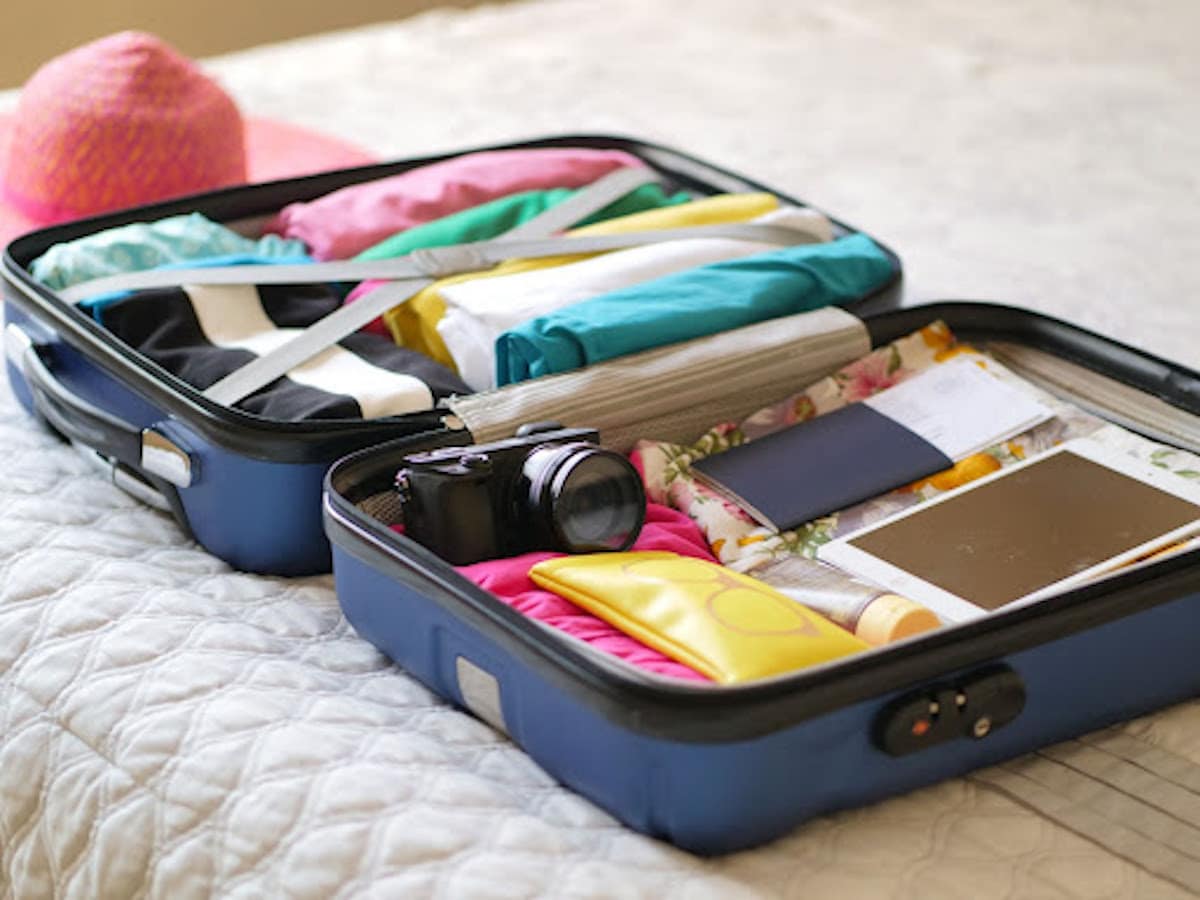One inquiry that frequently emerges while picking the best checked luggage for air travel is whether carriers have an inclination for hard or delicate gear. While there is certainly not a conclusive response that applies to all carriers, it’s useful to figure out the qualities of each kind and consider how carriers see them. By looking at the benefits and contemplations of hard and delicate luggage, you can pursue an educated choice in view of your movement needs.
Hard Gear:
Hard gear, frequently produced using materials, such as polycarbonate or aluminum, has a strong and inflexible design. These best check luggage items are known for their sturdiness and capacity to endure harsh handling during movement. Aircraft values hard luggage for its capacity to shield delicate things and limit harm from influences. The hard shell adds a layer of assurance against pounding and bowing, which is particularly profitable while conveying delicate possessions or important things.
One more advantage of hard luggage is its protection from water. Albeit not totally waterproof, hard-shell luggage will generally be more water-safe than delicate luggage. This component guarantees that your effects stay dry if there should arise an occurrence of a downpour or coincidental spills, which can be significant while heading out to objections with erratic weather patterns.
In any case, it’s vital to take note that hard luggage might be heavier than delicate luggage because of its strong development. A few carriers have severe weight limits for handled or portable suitcases, so it’s vital to consider the heaviness of your luggage and its items to try not to surpass the carrier’s limitations. Furthermore, the unbending design of hard luggage can make it more challenging to squeeze into tight overhead compartments or sporadically form extra rooms on the airplane.
Delicate Luggage:
Delicate luggage, normally produced using strong materials like nylon or polyester, offers adaptability and versatility. Carriers value delicate luggage for its lightweight nature, permitting travelers to boost their baggage weight recompense without forfeiting the quantity of things they can pack. The pliability of delicate luggage makes it simpler to fit into limited spaces or overhead compartments with restricted freedom.
One more benefit of delicate luggage is its expandability. Some delicate-sided luggage highlights extra pockets or compartments that can extend to accommodate additional things. This element is advantageous for explorers who frequently return with more possessions than they initially brought. Furthermore, delicate luggage is for the most part more moderate than hard luggage, making settling on it a famous decision among thrifty voyagers.
Be that as it may, one thought with delicate luggage is its defenselessness to harm from unpleasant taking care of or outer tension. While some delicate luggage consolidates fortified boards or cushioning to protect against impacts, it may not offer a similar degree of assurance as hard luggage. Moreover, delicate luggage is more inclined to water entry, which can be a worry in case you’re heading out to stormy weather or conveying damp, delicate things.
All in all, there is no widespread inclination among aircraft to carry hard or delicate luggage. Each type enjoys its own benefits and contemplations. While picking the best checked luggage, consider factors like toughness, security, weight, adaptability, and your particular travel needs. Look into the luggage limitations and suggestions of the carrier you will fly with, as their arrangements might impact your choice. By assessing the qualities of hard and delicate luggage and adjusting them to the necessities of the carrier, you can choose the most appropriate choice that meets both your inclinations and the carrier’s rules.


